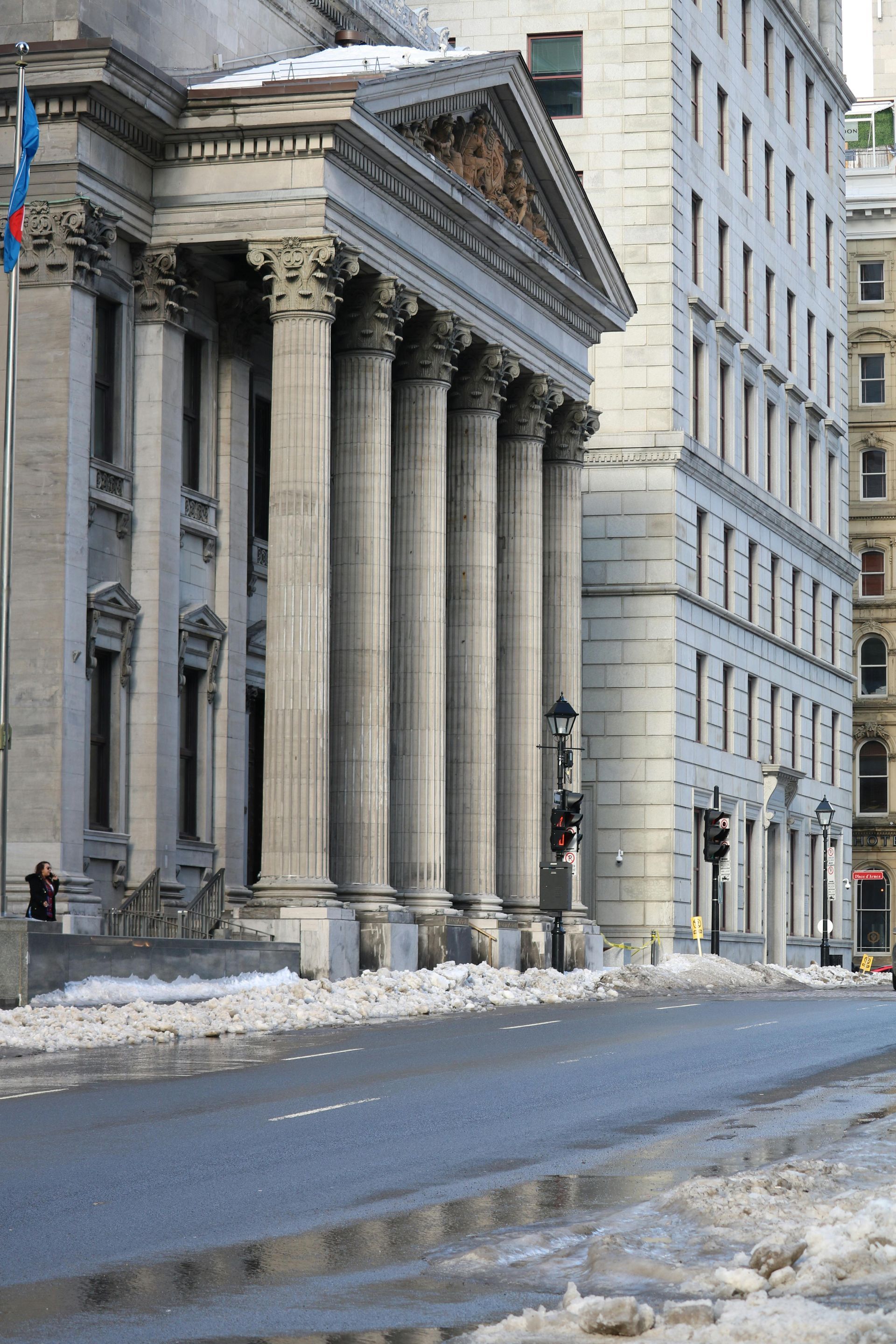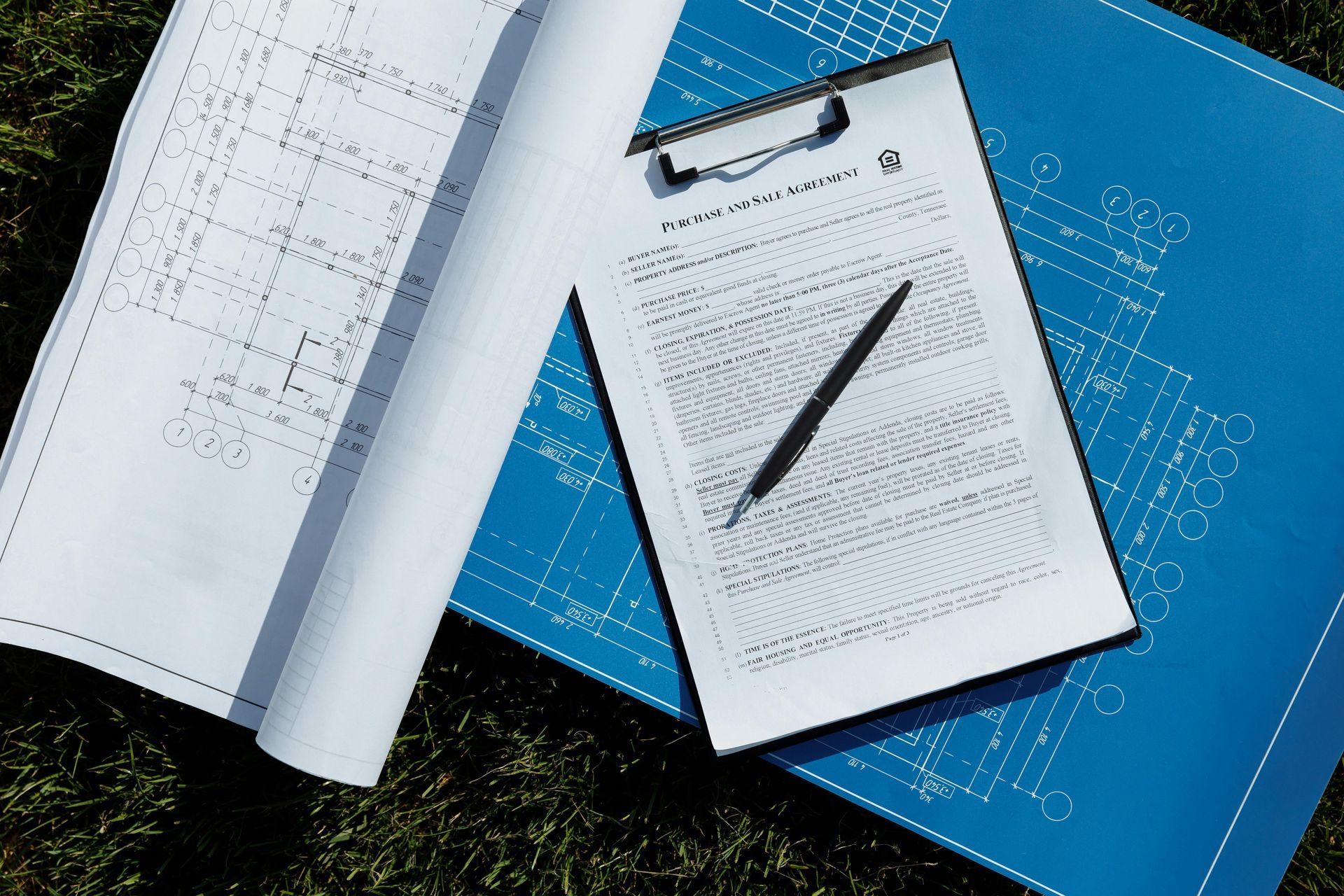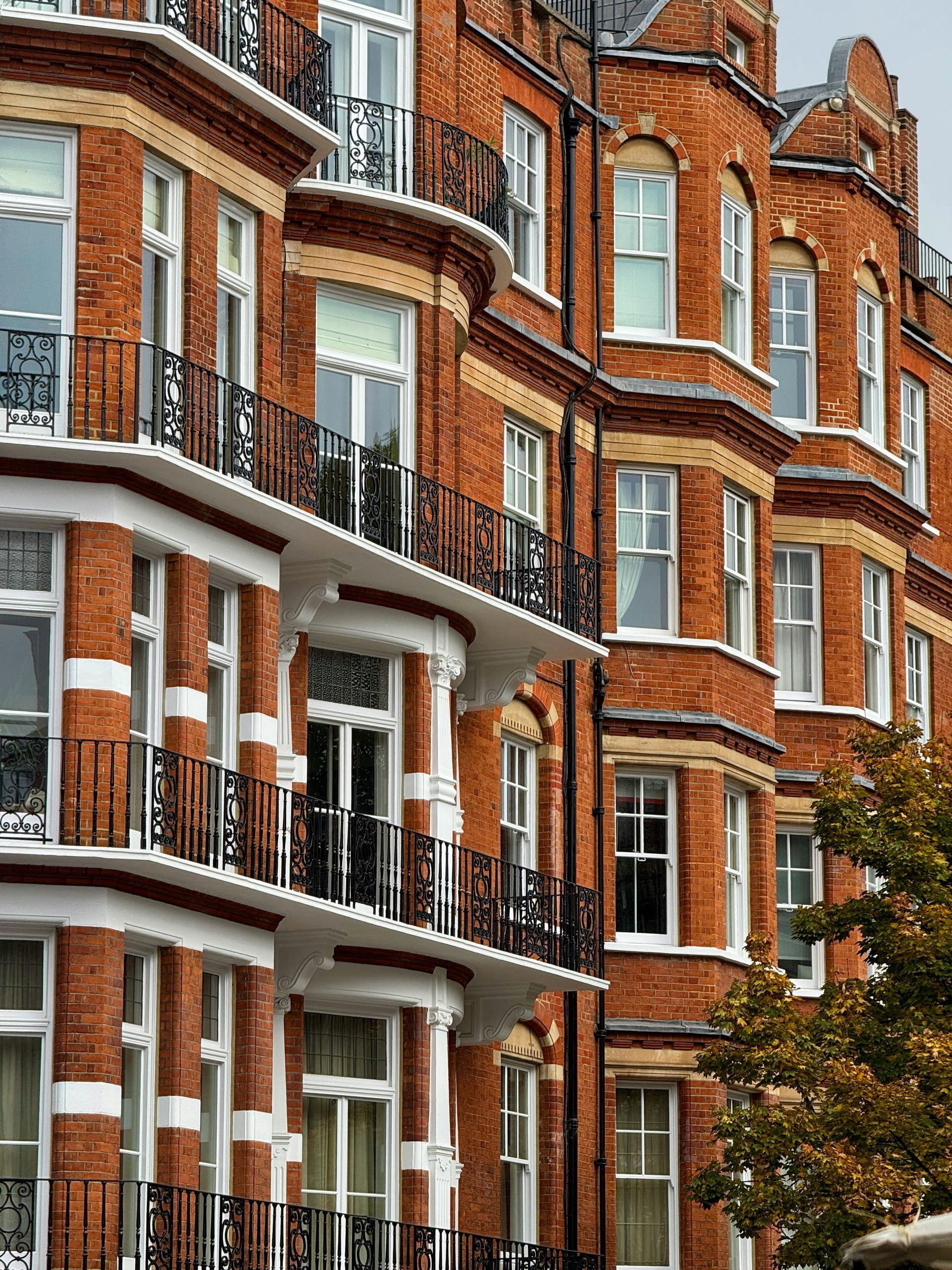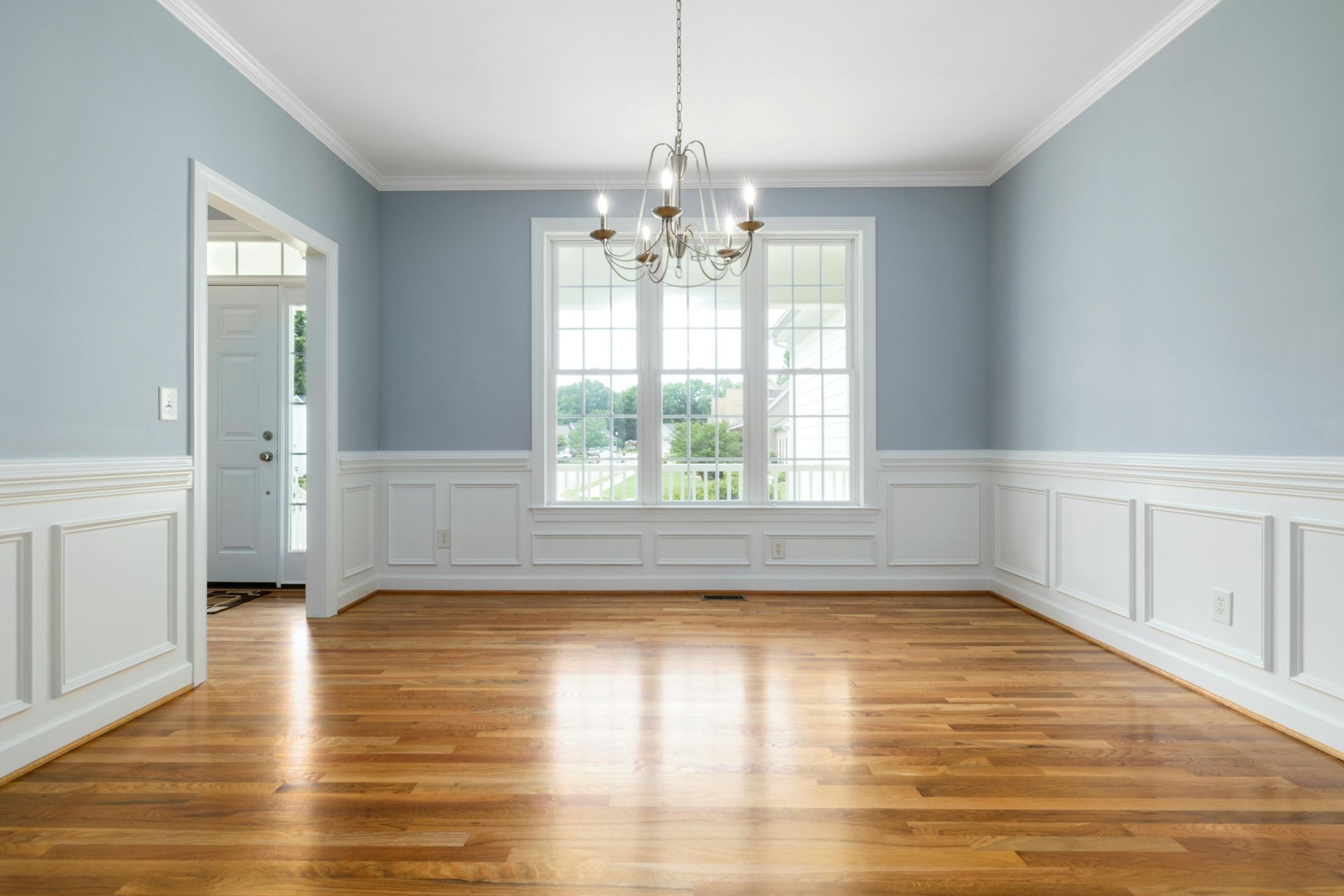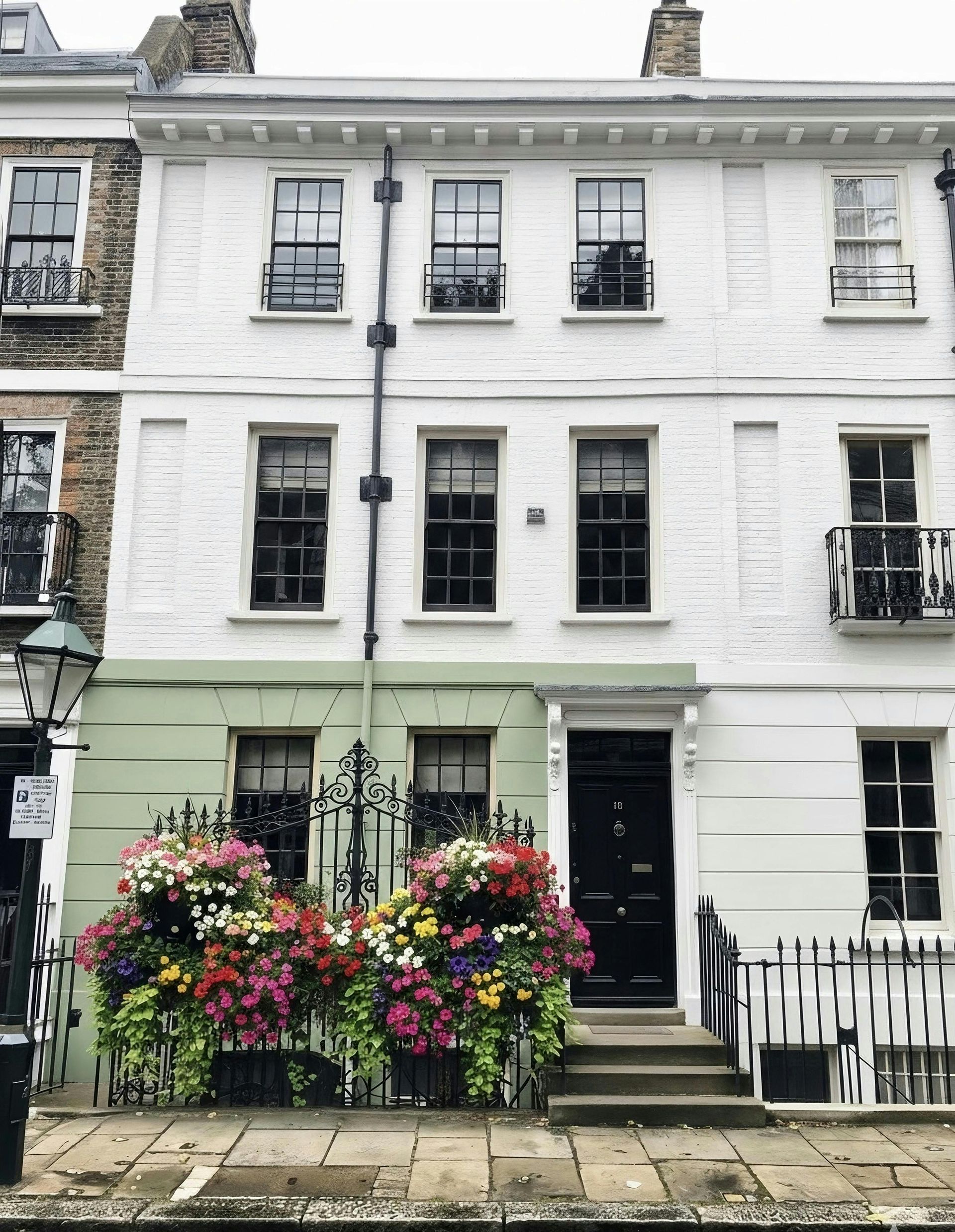The Hidden Costs of Buying a House: A Comprehensive Guide
Don't Let Hidden Costs Surprise You: A Comprehensive Guide to the True Costs of Buying a House

When it comes to buying a house, it's important to consider more than just the cost of the property itself. There are a number of upfront and ongoing costs that can add up significantly and need to be budgeted for. These can include things like a deposit, stamp duty or land tax, valuation and surveyor's fees, legal costs, and removal costs. Ongoing costs can include mortgage payments, insurance, council tax, utilities, maintenance and repairs, homeowners association fees, and property taxes. It's important to carefully consider all of these costs and work with a reputable mortgage broker, like Willow Private Finance, to find the right mortgage solution for your needs and budget.
Upfront Costs
There are a number of costs that you will need to budget for upfront when buying a house. These include:
- Deposit: The deposit is the amount you put towards the cost of purchasing your property. A higher deposit can lead to better mortgage rates. Aim for a 40% deposit to get the best rates.
- Stamp Duty / Land Tax: Depending on the location of your property, you may be required to pay a tax on the purchase price. In England, if the property is over £125,000, you will need to pay Stamp Duty Land Tax (SDLT), unless you are a first-time buyer. In Scotland, the Land and Buildings Transaction Tax Rate applies, with no tax on the first £145,000.
- Valuation Fee: This fee is charged by the mortgage lender to assess the value of the property and determine how much they are willing to lend. The cost can range from £150 to £1,500, depending on the value of the property.
- Surveyor's Fees: It is important to have a property survey to ensure that the house is in good condition before committing to a purchase. The cost of a survey will depend on the type of survey you choose.
- Legal Fees: A solicitor or licensed conveyancer is required to handle all the legal work involved in buying a property, including local searches.
- Electronic Transfer Fee: This fee covers the lender's cost of transferring the mortgage funds from the lender to the solicitor, and typically costs £40-£50.
- Broker Fees: If you use a broker to help you find a mortgage, they may charge a fee for their services.
- Removal Costs: The cost of moving your belongings to your new home will depend on the amount of items you have and the distance you are moving.
Mortgage Costs
In addition to the upfront costs of buying a house, there are also ongoing costs to consider, particularly when it comes to your mortgage. These can include:
- Insurance: Your mortgage lender will require that the property is insured to protect their interest, and it is also a good idea to take out contents insurance to protect your belongings. You may also want to consider life insurance to ensure that the mortgage is paid off if anything were to happen to you.
- Ongoing Mortgage Payments: Your mortgage payments will be a significant ongoing cost, and will depend on the size of the loan, the interest rate, and the term of the mortgage.
Ongoing Costs
In addition to your mortgage payments, there are a number of other ongoing costs to consider when owning a home:
- Insurance: In addition to the insurance required by your mortgage lender, you may also need to budget for additional insurance, such as home and contents insurance, critical illness cover, income protection, and life insurance.
- Council Tax: The amount you pay in council tax will depend on the valuation band of your property, its location, and any discounts you may be eligible for.
- Utilities: The cost of utilities, such as electricity, gas, and water, will vary depending on your usage and the provider you choose.
- Maintenance and Repairs: It is important to budget for ongoing maintenance and repairs to keep your home in good condition. This can include things like roof repairs, plumbing issues, and HVAC maintenance.
- Homeowners Association Fees: If you are buying a property in a planned community, you may be required to pay homeowners association fees.
- Property Taxes: Depending on your location, you may need to pay property taxes on your home.
Who Are Willow Private Finance?
Willow Private Finance is a specialist mortgage brokerage that offers professional financial advice and assistance to clients seeking to secure a mortgage or refinance their existing mortgage. The company is dedicated to providing its clients with personalized and tailor-made solutions to meet their specific financial needs and goals.
With a team of highly qualified and experienced mortgage advisors, Willow Private Finance is able to offer expert advice and guidance on a wide range of mortgage products and options, including first-time buyer mortgages, buy-to-let mortgages, Commercial mortgages, Bridging finance, Lombard lending, and Development finance. The company also offers a range of services to help clients navigate the complex and often confusing process of securing a mortgage, including assistance with mortgage application and documentation, as well as ongoing support throughout the mortgage process.
In addition to its mortgage brokerage services, Willow Private Finance also offers a range of other financial services, including protection insurance and equity release.. The company's goal is to provide its clients with a comprehensive and holistic approach to finance and management, helping them to achieve their financial goals and secure their financial future.

